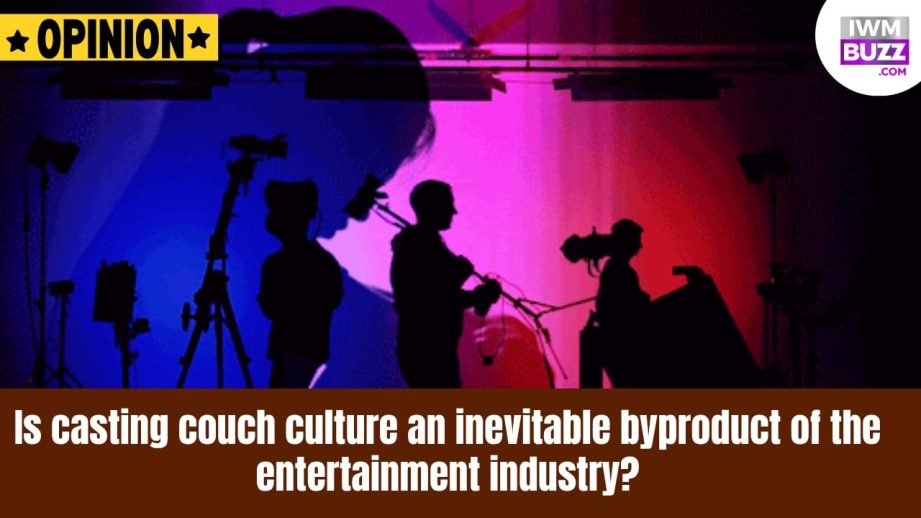
The entertainment industry has always been a place of big dreams. But behind the spotlight lies a reality many have quietly accepted and few have dared to question. The casting couch culture has been spoken about in hushed tones for decades. Some believe it is an unfortunate but unavoidable part of the system. But is it truly inevitable?
Actor and casting director Abhishek Banerjee challenges that belief. When he and his team began casting actors based purely on talent, the response within the industry was one of surprise. Not because they were doing something revolutionary, but because they were doing something normal. It exposed how deeply the expectation of personal favours had been normalised.
Banerjee has been open about the environment he walked into. He spoke about how people assumed exploitation was part of the process. When he introduced himself as a casting director, the reaction often carried a loaded assumption. This is not just an individual issue. It reflects how the industry and society have been conditioned.
The root of the problem is power. The structure of the film industry, like many others, gives control to a few and creates desperation in many. Young actors, especially those without connections or financial backing, are made to believe that silence or compliance is their only option. That belief is what fuels the cycle.
However, things have started to shift. The rise of social media and movements like MeToo has forced accountability. The fear of exposure has made some back away from old patterns. Banerjee acknowledged this shift and took clear steps in his own company. Meetings are held only in professional settings. Boundaries are not suggested; they are enforced.
These changes indicate that the casting couch is not an inherent part of the entertainment industry’s DNA. It is not inevitable. It has existed because it was tolerated. Because those with power were not challenged. Because victims were made to feel alone.
Change will not come from one person. But it can begin with one decision, one voice, one refusal to look the other way.
The casting couch is not a product of cinema. It is a result of people choosing convenience over ethics. That choice can, and must, be unmade.
